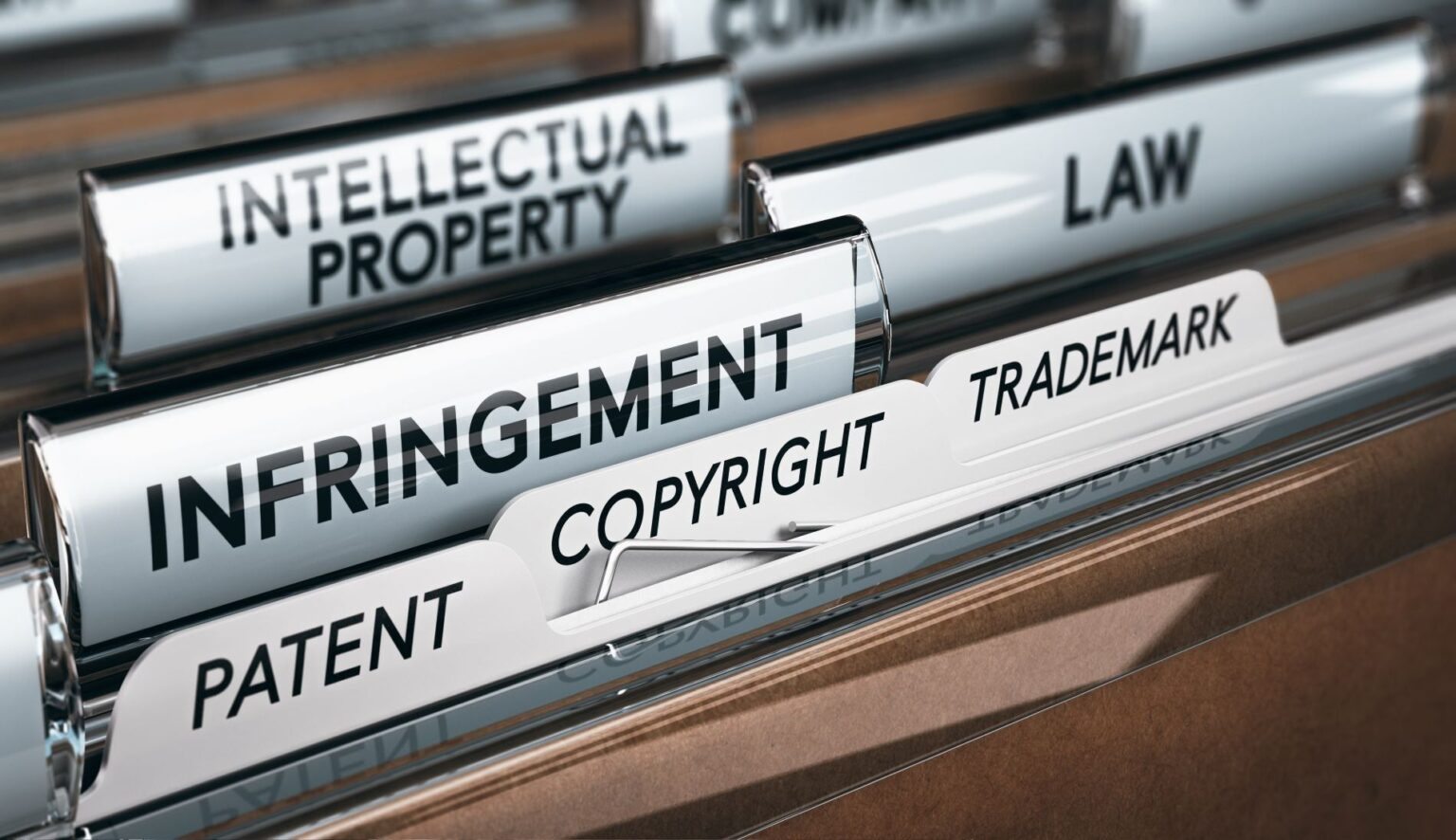The owner of a Liverpool pet supplies business has reached an agreement with Hugo Boss after a business trademark row over its name, Boss Pets. The fashion house demanded that business owner Ben McDonald stop using the word ‘Boss’ in his business’ name, saying that it had to “take measures to protect [its] trademark rights.”
McDonald had access to an Intellectual Property (IP) lawyer, and was able to reach an agreement with Hugo Boss that he could keep the name.However, this isn’t the first time the fashion giant has accused smaller businesses of treading on its toes.
There have been various similar cases, highlighting the importance of being aware of trademark law and the potential issues SMEs can run into when using common words in their brand names, especially if they don’t have access to legal help.
SMEs which have been in a trademark dispute with Hugo Boss
Hugo Boss’ territoriality of its name hit the mainstream press in 2020, after the comedian Joe Lycett legally changed his name to Hugo Boss.
According to Lycett, it was a protest move against the fashion company which, Lycett argued, has cost small businesses “thousands in legal fees and rebranding” by sending cease-and-desist letters demanding they change their names.
In response to Lycett’s stunt, Hugo Boss told the BBC: “As an open-minded company, we would like to clarify that we do not oppose the free use of language in any way.
“We accept the generic term ‘boss’ and its various and frequent uses in different languages.”
That said, multiple similarly-named businesses have found themselves under the Boss’ spotlight in recent years.
1. Boss Pets
Last month, the owner of Boss Pets said that Hugo Boss had demanded the pet store stop using the word “boss” in its name, or take down its website. In the end, Hugo Boss reportedly settled, provided the company doesn’t expand into pet clothing or accessories.
2. Boss Brewing
In 2020, a popular Welsh brewery got into hot water when trademarking their name after Hugo Boss sent a cease-and-desist letter over the use of the word “boss”. The brewery incurred nearly £10,000 in legal fees but settled the dispute by renaming two of its beers and agreeing to stop selling clothing as merchandise.
3. DarkGirlBoss
When Khadijah Ward tried to trademark her brand Dark Girl Boss, Hugo Boss reportedly demanded she withdraw the application and never use the word “Boss” again. She eventually secured the trademark, although Ward alleges the dispute disrupted her launch.
4. John Charles
In 2020, Hugo Boss was also in a dispute with a Merseyside artist for producing merchandise that read: “’Be Boss, Be Kind’. Ultimately, Charles reached an amicable solution with the fashion house and an outpouring of support from the public.
5. Flavour Boss
Family-run e-liquid manufacturer claimed to have been targeted by Hugo Boss, who said it should change its name and that of its best-selling product, ‘Boss Shots’. After a four-year legal dispute and significant financial impact, the small business ultimately won its case.
Some may argue that Hugo Boss had a fair case. After all, protecting a brand is important. But it was the company’s debatedly heavy-handed approach that caused a PR storm.
Other household names have faced similar issues and responded with far more tact. When a family-run gelateria used “Percy Pig” as a gelato flavour, M&S responded with complimentary sweets and new name suggestions, attracting praise for its handling.
The importance of trademarking your business
While it’s easy to scoff at these cases, cease and desist letters must be taken seriously. Finding yourself in legal trouble with big companies as a small business can cost thousands, so it’s important to protect yourself by doing your due diligence.
When choosing a business name, check that your chosen name is not already being used by someone else and does not infringe any registered trademarks.
The easiest way to do this is by using the Companies House online search tool. We also recommend thoroughly checking social media platforms for existing companies with your chosen name.
Registering your business doesn’t automatically protect your brand; trademarking is a separate but essential step. You can trademark distinctive elements like your name, logo, shapes, or sounds. Before applying, check for existing trademarks and choose the right category to ensure others can’t use the same name in your industry.
Another layer of protection is attaining proper legal support. In the case of Boss Pets, Mr McDonald told the BBC he was grateful to have had access to a Liverpool-based IP lawyer Francis McEntagart from MC Legal.
Last week, the government introduced support for smaller firms to protect their IP; a positive step for growing businesses to establish themselves in competitive markets.
